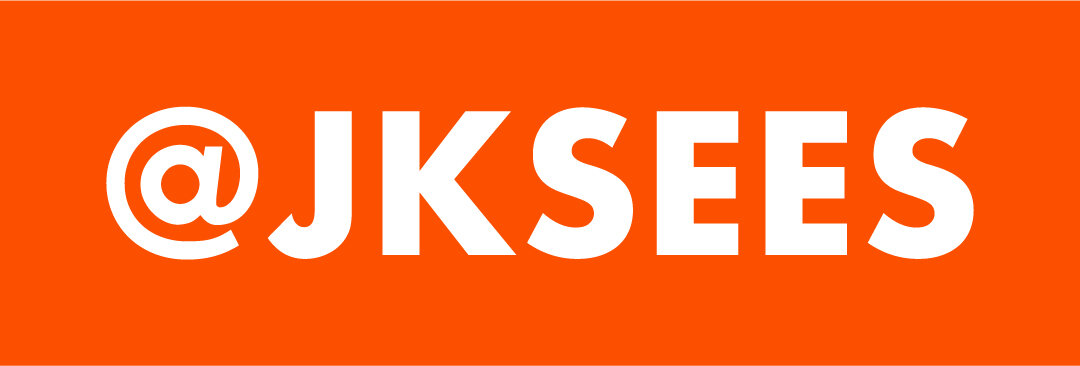A collaborative society.
We sit around a table. It’s a table which is replicated in organisations across the country. We look around, and agonisingly realise how little we represent the community we have come to serve.
The truth is that every organisation I have worked for, group I’ve volunteered with, and body that I’ve served, they are all struggling with the same question: how do they become (or indeed remain) representative of their community?
It’s our purpose, to represent those who subscribe to our organisations, to become a voice louder than the individual’s, to ensure change by amplifying our opinions towards a common goal. Though what happens when, inevitably as the case so often is, an organisation isn't as representative as it aspires to be?
What happens when a collective of people becomes too large and somewhat disparate, that no single vision can be agreed upon, its purpose lost in the crowd? It might seem like this is only something that few are tackling, but that’s far from the truth.
Take a look at British politics – no political party is truly united. Factions divide off to upset the apple cart. Personal politics plays a huge role, challenging the very institution.
We gruel over our own purpose to serve, repeatedly asking ourselves in a chicken or egg fashion, what should come first: who should set our agenda? Should it be lead from the grassroots, or from those at the top? Is there a way to compromise?
As I sat around that table, at a fancy office in Farringdon, or in the function room of a Streatham pub, or in a conference centre on the coast, I remind myself of Jo Cox’s most powerful prose; “we have more in common than that which divides us.”
The sheer fact that we are conscious of our lack of representation won’t solve the world – far from it. The fact that people don’t subscribe to an organisation overnight is not some easy fix. However, it is the first movement in causing the change that’s so needed.
We are not an island. We need a categoric shift in our social structure to integrate cultures, to celebrate our uniquenesses and differences, to bond over them rather than shy away. We need to fuse polarised opinions, forming a collaborative society which celebrates individual freedoms and opinions. We need multiculturism more than ever before
The simple answer is that need to do both – decide on what our organisations stand for and ask for that to be shaped by our communities going forward. The challenge for organisations is to open this dialogue between all levels so that we all can feed into our future. It’s a conversation, and uncomfortable subjects may need to be addressed, but ultimately it’s the only way to proceed.
At the same time as all these conversations are happening around me, I stop to ask myself; ‘what is my purpose?’ and I realise it pretty quickly, almost as if it had been staring me in the face all the while.

